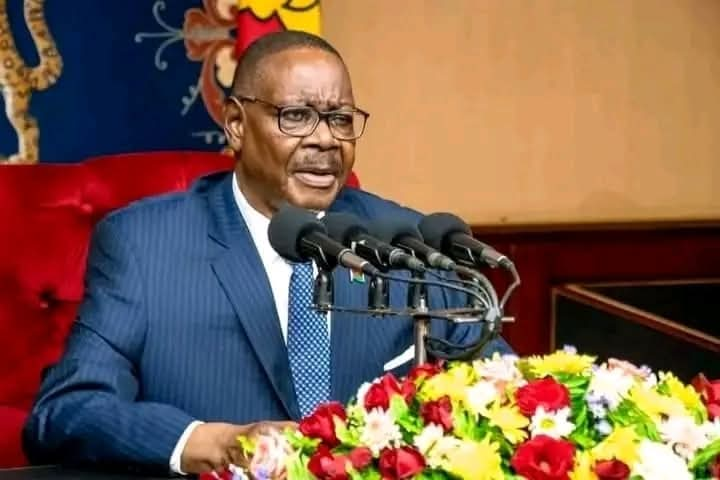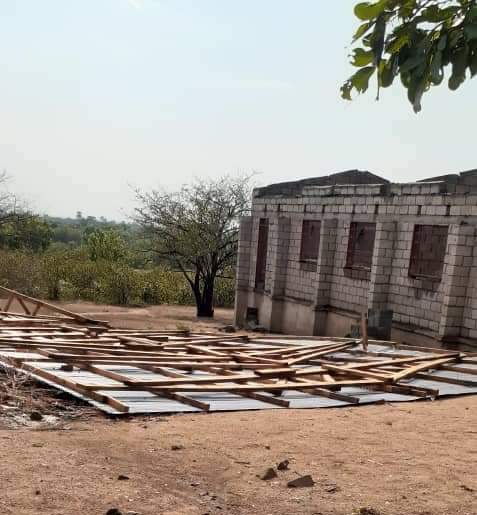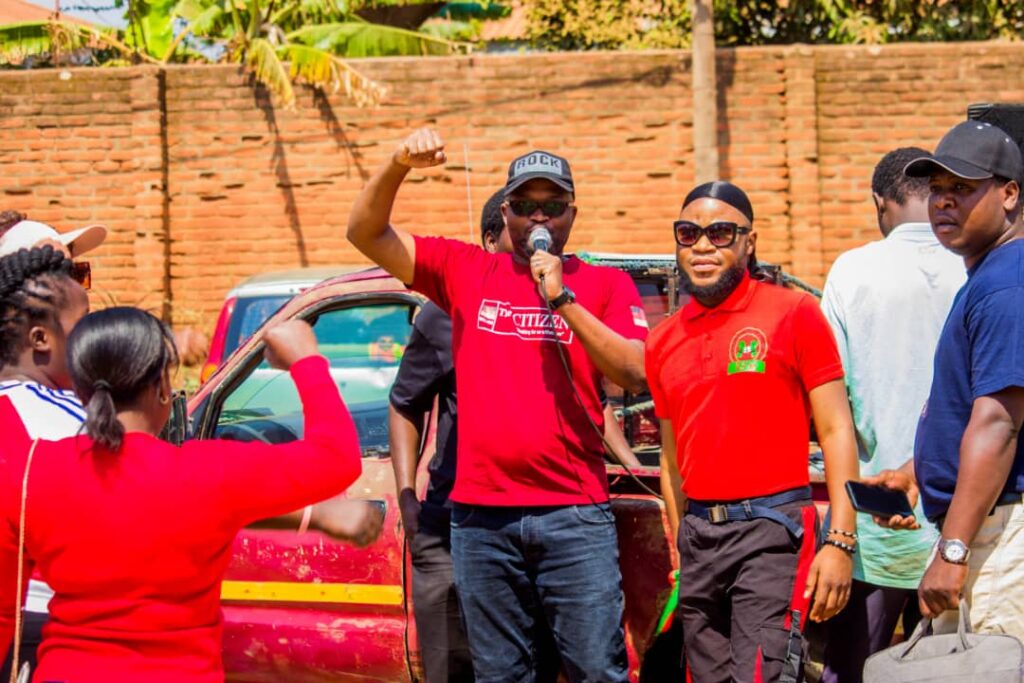
The Concerned Citizens of Malawi (People Power Movement) and the Economic Freedom Movement (EFM) have filed a petition challenging the exclusive use of National Registration Bureau (NRB) national identification cards for voter registration in the 2025 general elections. The petition was submitted to the High Court, seeking judicial review of the current electoral laws that mandate the use of national IDs as the only proof of eligibility to vote.
In their petition, the movements argue that relying solely on national IDs for voter registration threatens the integrity of the elections and increases the risk of disenfranchisement for many eligible Malawians. The petitioners claim that numerous citizens are unable to access or renew their IDs due to challenges within the NRB, such as equipment failure, logistical difficulties, and resource shortages.
Grounds for the petition
The petition outlines several key concerns. First, the petitioners assert that the law’s reliance on NRB-issued IDs undermines the fairness and credibility of the electoral process. They argue that many Malawians face significant obstacles in obtaining or renewing their IDs, which could result in a skewed voter registry and increase the risk of electoral manipulation.
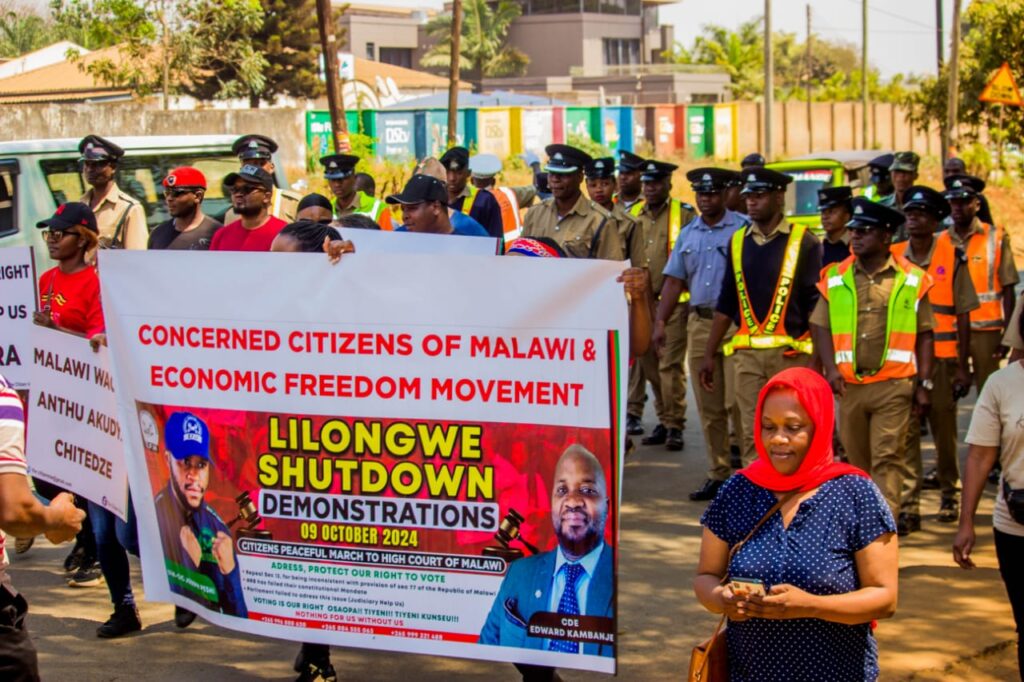
Additionally, the petitioners highlight the potential violation of Section 40(3) of the Malawi Constitution, which guarantees every citizen the right to vote. They assert that the exclusive use of national IDs threatens this constitutional right, as many citizens could be disenfranchised through no fault of their own.
Legal and constitutional issues
The petition specifically challenges Section 12 of the Presidential, Parliamentary, and Local Government Elections Act (PPLEA) of 2023, which requires voters to present a national ID as the only form of eligibility. The petitioners argue that this provision does not account for the inefficiencies within the NRB system and fails to offer alternative methods of voter identification.
In past elections, Malawi allowed flexibility in voter identification without compromising the integrity of the electoral process. The petitioners argue that the current law’s rigidity will leave many voters excluded, posing a risk to democratic representation.
Risk of disenfranchisement
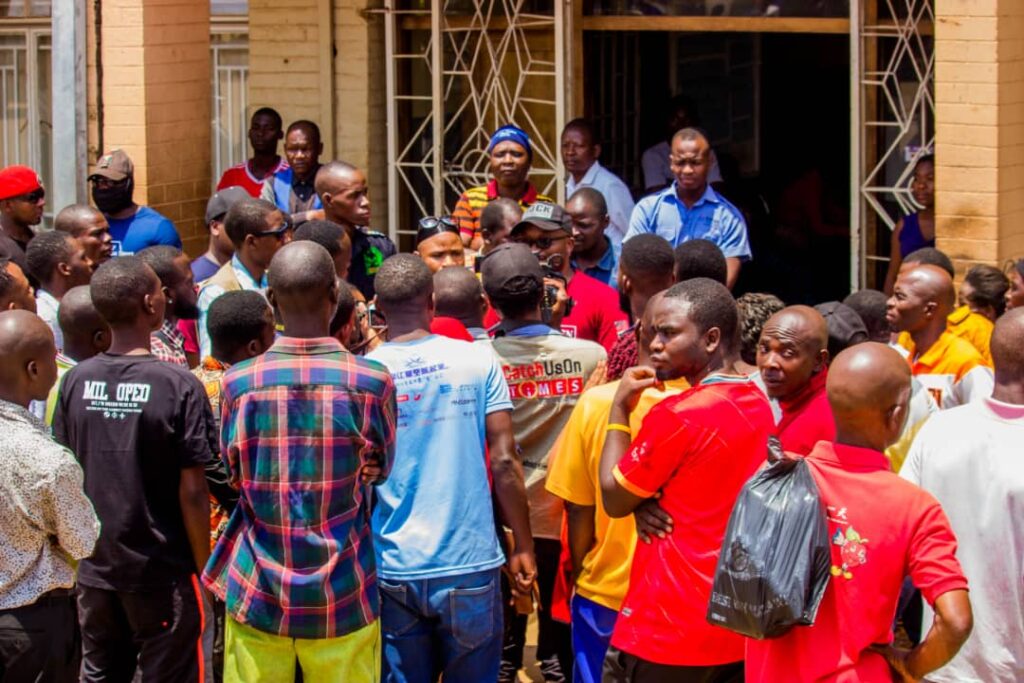
The petition further emphasizes that large numbers of eligible voters have experienced difficulties accessing NRB-issued IDs due to delays and administrative barriers. Without alternative forms of identification, the petitioners argue, the 2025 elections could result in widespread voter disenfranchisement, creating a democratic deficit.
Request for judicial review
In light of these concerns, the petitioners respectfully request the High Court to:
1) Review Section 12 of the PPLEA of 2023 and determine whether it violates the constitutional rights of Malawian citizens.
2) Issue an order directing the Malawi Electoral Commission (MEC) to allow alternative forms of identification for voter registration.
3) Ensure measures are put in place to prevent any potential manipulation of the electoral process due to the exclusive reliance on national IDs.
Conclusion
The Concerned Citizens of Malawi and the Economic Freedom Movement urge the Court to act swiftly in protecting the right to vote for all eligible Malawians. They emphasize that the right to vote is a cornerstone of democracy, and any law that jeopardizes this right must be thoroughly scrutinized. The petitioners are prepared to provide further evidence of the challenges Malawians face in obtaining national IDs and hope that the Court will intervene to safeguard the integrity of the 2025 general elections.
This petition is filed by Cde Edwards Kambanje and Josephy Pesh, representing the Concerned Citizens of Malawi (People Power Movement) and the Economic Freedom Movement (EFM).


